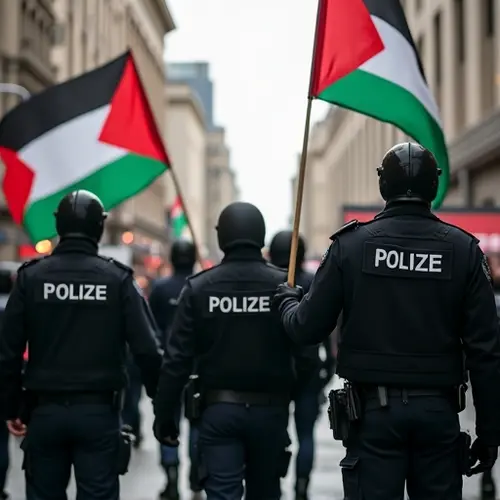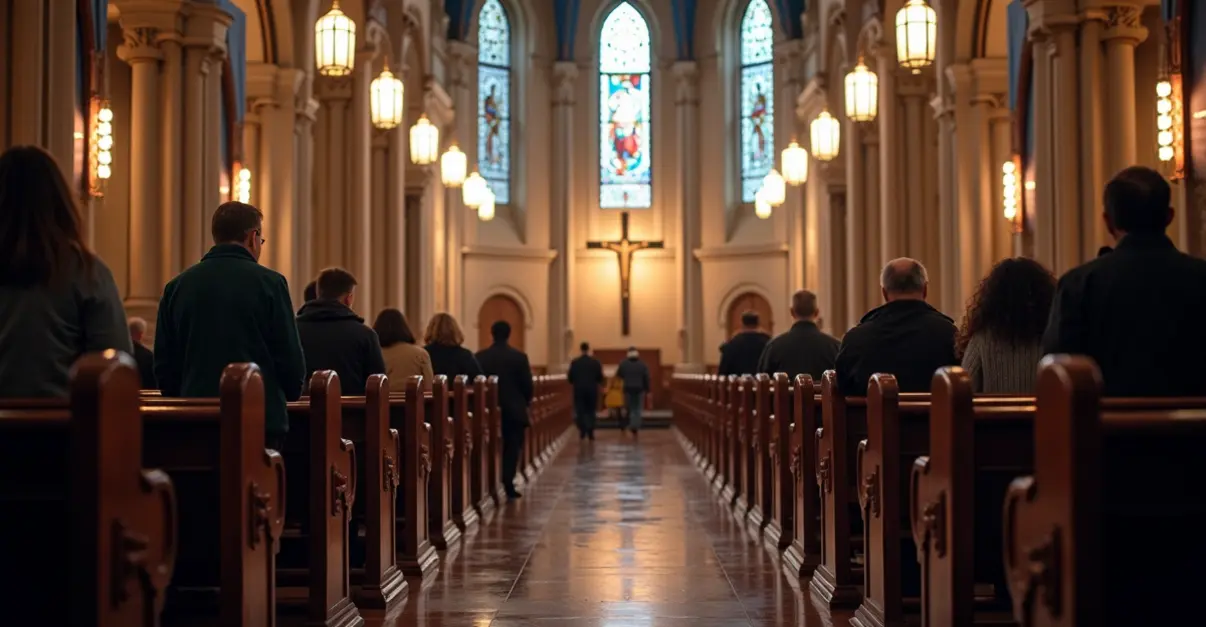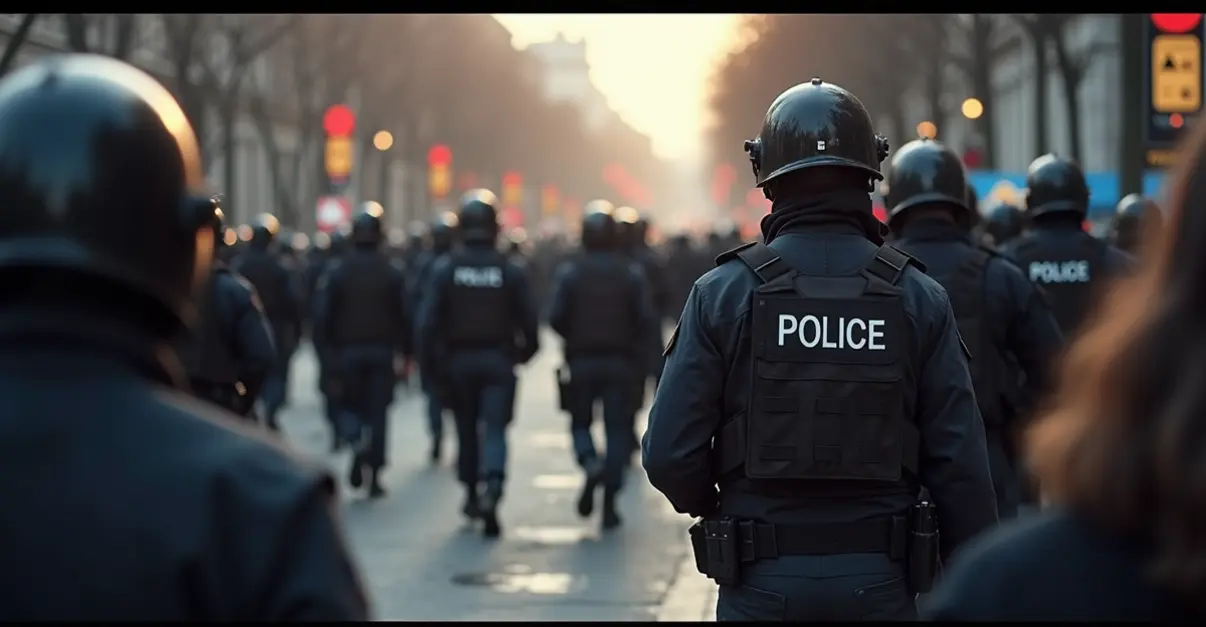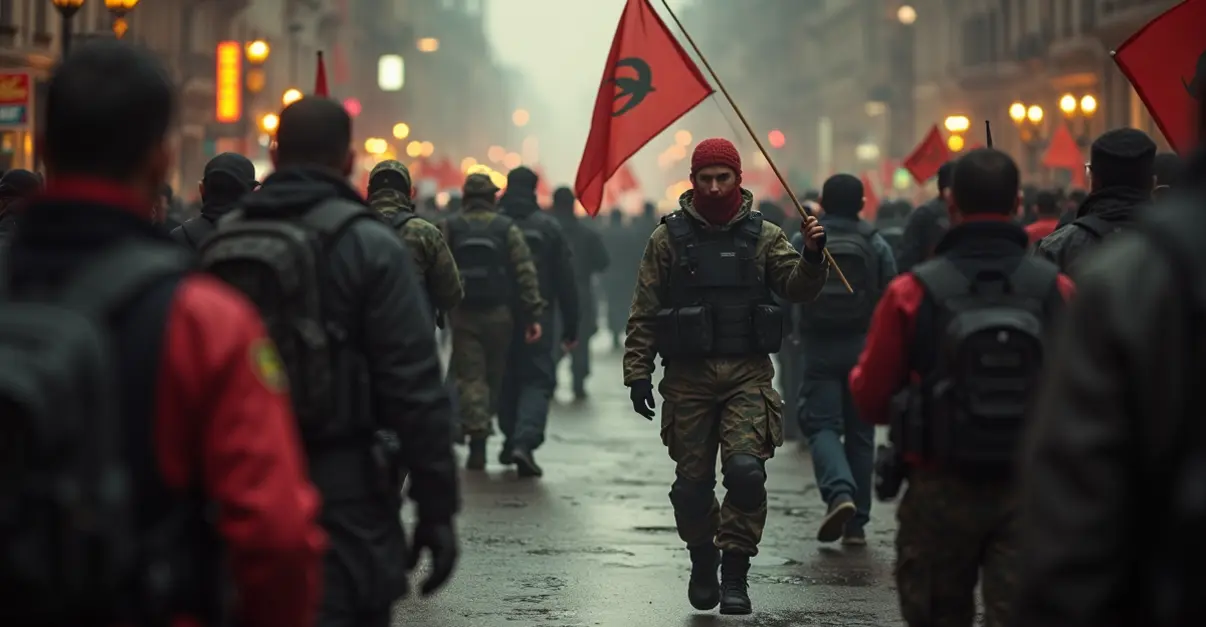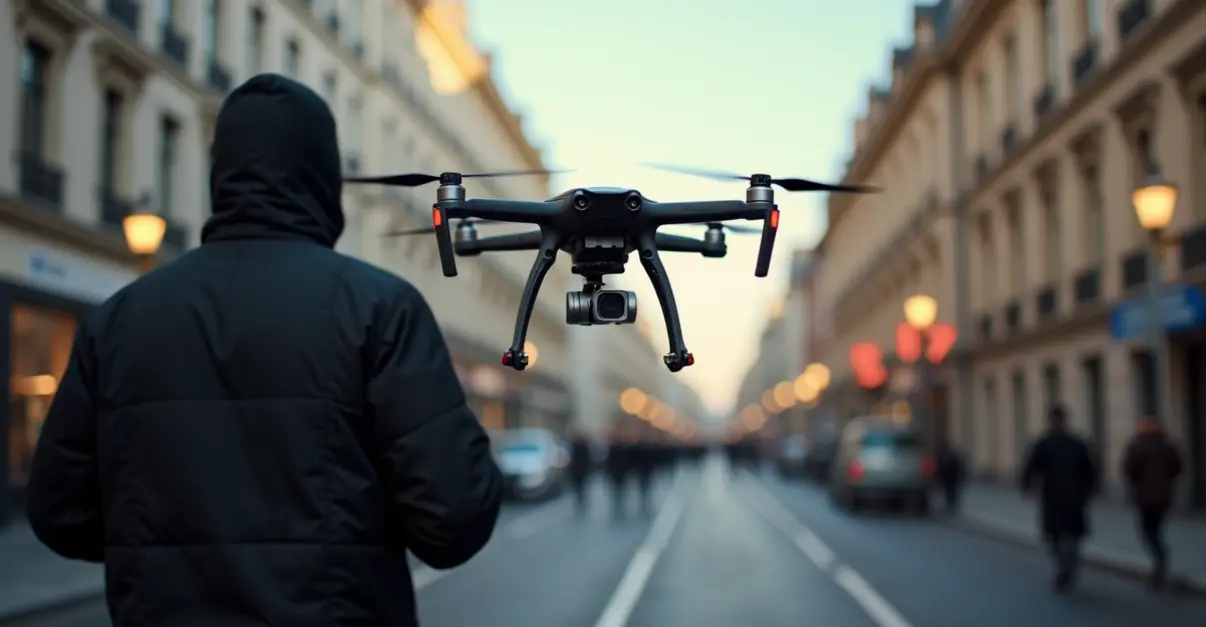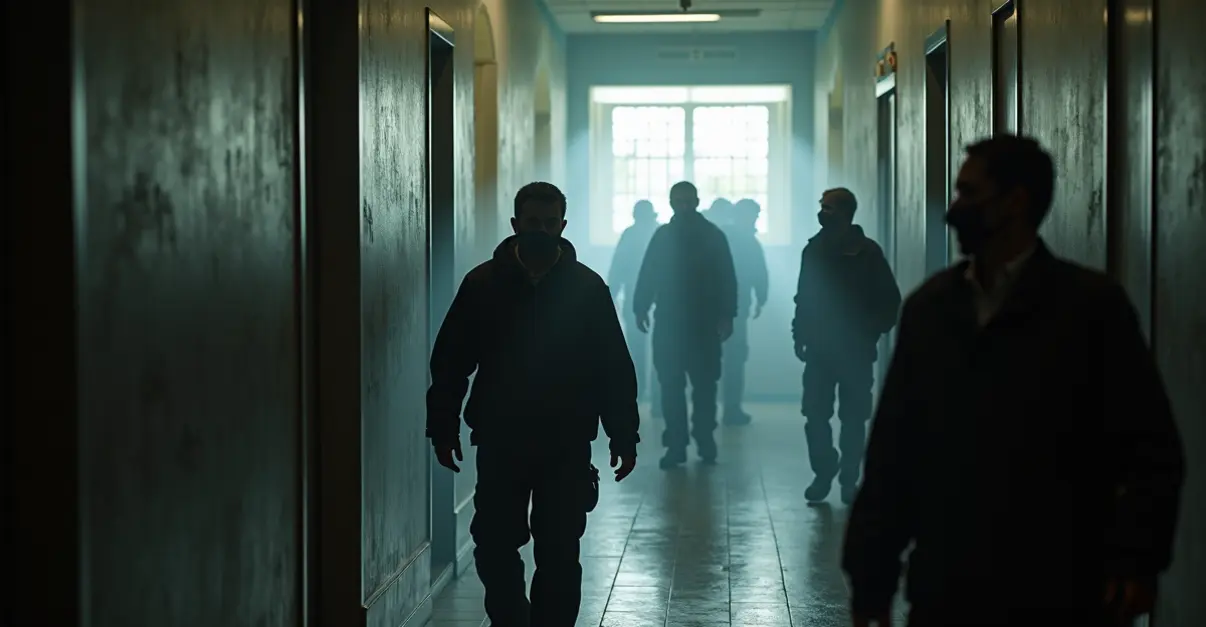Paris commemorates 10th anniversary of 2015 terrorist attacks that killed 130 people. Official ceremonies, new memorial garden, and survivor stories highlight both enduring grief and resilience. Survivor organization dissolves as victims move forward.
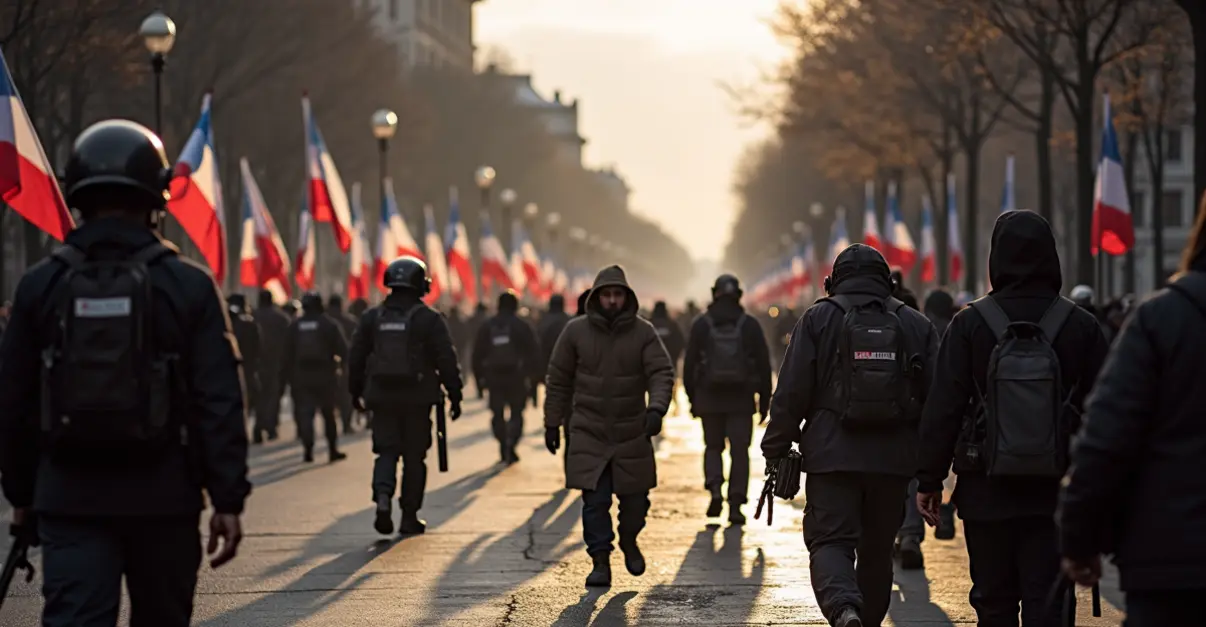
A Decade of Remembrance and Resilience
Paris stands united in solemn commemoration as the city marks the 10th anniversary of the devastating November 2015 terrorist attacks that claimed 130 lives and wounded hundreds more. The coordinated attacks by Islamic State militants targeted multiple locations across the French capital, creating one of the deadliest terrorist incidents in modern European history.
The Night That Changed Paris Forever
On November 13, 2015, three coordinated groups of terrorists struck simultaneously across Paris. The attacks began at the Stade de France stadium during an international football match, moved to popular café terraces in the 10th and 11th arrondissements, and culminated in the horrific massacre at the Bataclan concert hall where 90 people were killed during an Eagles of Death Metal performance. 'What you leave behind, however small it may be: it's a tribute to the victims who fell then,' said one man placing flowers at Place de la République, echoing the spontaneous memorials that appeared across the city in 2015.
Official Ceremonies and Memorial Garden
President Emmanuel Macron led official ceremonies at all attack sites throughout the day, following a precise schedule that honored each location's significance. The ceremonies included moments at Stade de France (11:30), café-restaurants Carillon and Petit Cambodge (12:30), Bonne Bière (13:00), Comptoir Voltaire (13:30), Belle Équipe (13:50), and Bataclan (14:30). The day concluded with the inauguration of a new memorial garden at Place Saint-Gervais, featuring large stone blocks engraved with the names of all victims. 'It's time to say goodbye to victimhood,' declared Arthur Dénouveaux, president of survivor organization Life For Paris, which has decided to dissolve after ten years of supporting attack survivors.
Personal Stories of Loss and Resilience
The anniversary brings forward powerful personal stories of those affected. Juliette, who was only 11 when her father was killed at Bataclan, shared her journey of grief and recovery. 'At first my father said he was injured but still alive. Then there was silence. The next day I heard he hadn't survived after all,' she told Le Figaro newspaper. Her story represents the 72 children who lost one or both parents in the attacks.
Louise Albertini, who lost her son Stéphane at Bataclan, found solace through music. She commissioned a special symphony, 'Il fait novembre en mon âme' (In my soul it is November), composed by Bechara El-Khoury. 'Thanks to this musical piece, I've been able to keep standing,' Albertini explained. The symphony was performed at Théâtre des Champs-Élysées following the official commemorations.
Lasting Impact on French Society
According to research by the Fondation Jean Jaurès, 60% of French people still remember what they were doing when they heard about the attacks, with 42% recalling precise details. The study reveals that a quarter of French citizens no longer feel as carefree in public spaces as they did before the attacks. 'The terrorists didn't just shoot people, they also damaged the carefree nature of the French,' researchers noted.
Legal Closure and Moving Forward
The anniversary comes three years after the historic trial that saw Salah Abdeslam, the only surviving attacker, receive a rare full-life sentence without parole. The 2022 verdict provided some measure of justice for victims and their families, though many acknowledge that the trauma remains. As Paris continues its commemorative activities through exhibitions, documentaries, and cultural events, the city demonstrates both its enduring grief and remarkable resilience. The Musée Carnavalet exhibition displaying 'sanctuaries of mourning from public space' - including posters, drawings, notes, and even a guitar left at attack sites - serves as a poignant reminder of the collective healing process that continues a decade later.

 Nederlands
Nederlands
 English
English
 Deutsch
Deutsch
 Français
Français
 Español
Español
 Português
Português




